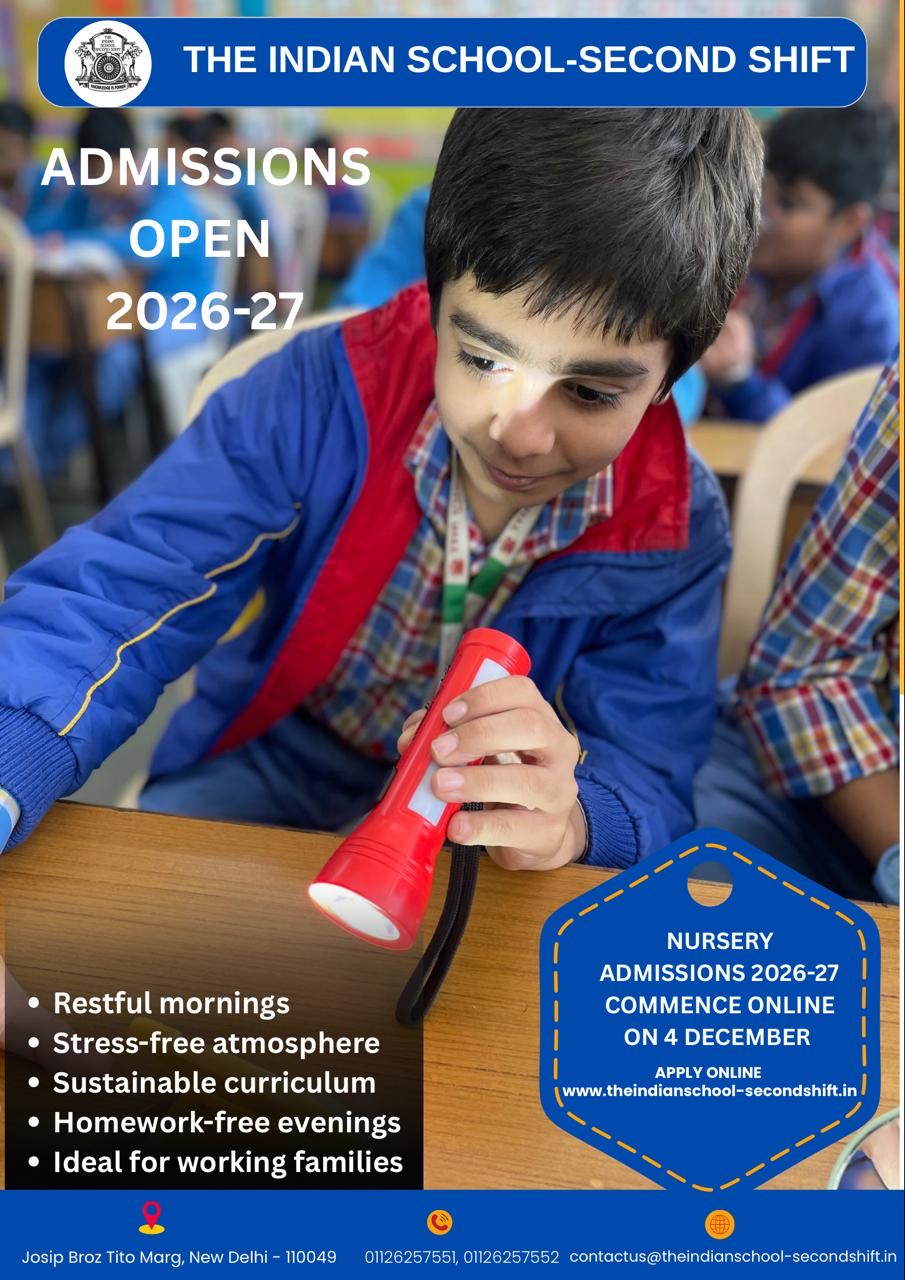National Science Day activities across the classes
“We need a spirit of victory, a spirit that will carry us to our rightful place under the sun, a spirit which can recognize that we, as inheritors of a proud civilization, are entitled to our rightful place on this planet. If that indomitable spirit were to arise, nothing can hold us from achieving our rightful destiny.” C. V. Raman
National Science Day is observed on 28 February every year to commemorate the discovery of the Raman Effect by noted Indian physicist, Sir CV Raman, on February 28, 1928. In 1986, the National Council for Science & Technology asked the Government of India to designate February 28 as National Science Day. Since 1987, the event is now celebrated all over the country at schools, colleges, universities and other academic, scientific, technical, medical and research institutions.
The Raman Effect is a phenomenon in which a beam of light passing through transparent material is scattered in a way that can reveal information about the molecular structure of the material. The Raman Effect helps to explain various natural phenomena like the appearance of blue sky, an advanced sunrise, a delayed sunset, etc. The Raman Effect also explains the appearance of a red sky at sunrise and sunset.
Chandrashekhara Venkata Raman was a physicist in Tamil Nadu.While working in the laboratory of the Indian Association for the Cultivation of Science, Kolkata, in 1928, he discovered this spectroscopic phenomenon that is now named after him.
His contribution to science earned him the Nobel Prize for Physics in 1930. In fact, Raman was the first Asian to receive a Nobel Prize in any branch of science. In 1954, he was honoured with India's highest civilian award, the Bharat Ratna.
National Science Day aims to spread awareness about the contribution of C.V. Raman and is a great occasion to highlight the importance of science in the world and to encourage young minds to pursue this subject with keen interest.
The theme of National Science Day 2023 is "Global Science for Global Wellbeing".
-844.jpg)
-626.jpg)
-536.jpg)
We, at The Indian School-Second Shift, observed National Science Day as a month-long event starting from 27 January to 24 February 2023. Students of grades 6 to 9 participated in various events, which aimed at inculcating scientific temperament, scientific attitude and social cooperation.
The activities started with a class-room discussion about the importance of science and technology, where students discussed how science and technology affects our lives. There was also a detailed discussion about the consequences of the misuse of science and technology.
Students of grades 7 to 9 presented various topics like the importance of water, the impact of acids and bases in our daily lives, the effect of technology in our lives, convection, micro-organisms around us, the effect of air pressure, importance of the magnet, etc. to the junior classes.
Students of grade 6 and 7 demonstrated various experiments and activities such as the presence of air in soil, the working of an electromagnet, identification of acids and bases using indicators, test for the presence of starch and proteins in different items, multiple reflection of light, saturated or unsaturated solutions, formation of shadows, working of pinhole camera etc.
Students of grades 6 to 8 also attended a webinar organised at the Nehru Planetarium to witness an important celestial-astronomical event, i.e. the passing of comet C/2022 E3 ZTF. At the webinar, students were informed about the comet C/2022 E3 ZTF and the various ways in which to locate and observe the comet without an instrument.
Many other activities such as essay writing, quiz , debate, origami and poster-making competitions were also organized to observe National Science Day for peace and sustainable development.
The event concluded on 24 February with a pledge to promote science and technology, and to help India to grow in the field of science.




-844.jpg)
-626.jpg)
-536.jpg)






